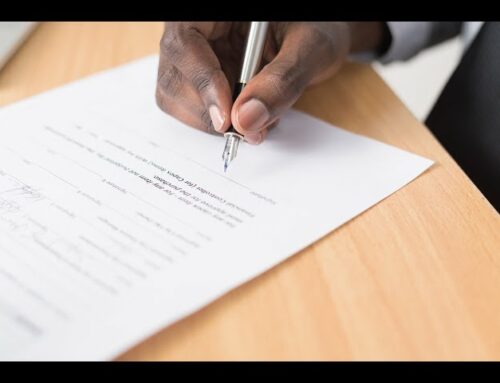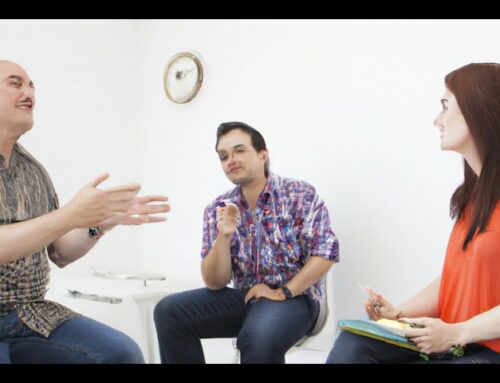Did you know that lawyers have a duty to try to resolve conflict without going to Court? One way of doing this is mediation. About 85% of employment disputes that proceed to mediation are resolved in this way.
“Mediation” means a facilitated discussion aimed at resolving conflict. A decision is not imposed – rather the parties try to reach an agreement. It is usually done on a confidential and without prejudice basis, meaning that you can say what you want without worrying about what you say being used in future legal proceedings.
The Ministry of Business, Innovation and Employment (MBIE) provide a free employment mediation service. A trained mediator will facilitate the process in person or by Zoom. It is usually a four-hour session where both sides have their say, and then talk about how the conflict can be resolved.
It used to be that nearly all mediations were done in person, however in 2022 over 85% of employment mediation meetings were done by Zoom. We think this is ok, as long as the client is comfortable with Zoom. However, there is data to indicate that there is a slightly higher resolution rate with in person mediation meetings.
Typically, a mediation starts with one side, usually the person who raised the concern, talking about their legal position, how the issue has affected them personally, and then suggesting a proposed resolution. Then the other side does the same. The conversation continues until the parties reach agreement on the terms of settlement, or they reach an impasse and end mediation.
All lawyers at Frontline Law are trained in alternative dispute resolution, including mediation. We will talk to you about the process and make sure you know what to expect. We will usually speak on your behalf about your legal position, although we encourage you to speak about how the issue has affected you personally. You don’t have to do this, but we find that most of our clients value the opportunity to be heard.
Before mediation, we will ask you two questions – what you want to achieve by way of settlement, and what is the minimum you would be willing to accept. This second question is important, and we will talk to you about what it means to “walk away” from mediation and what options you have if mediation fails. Our goal is to give you the information you need to make an informed decision.
Ultimately, mediation relies on the parties agreeing on a resolution. This is not always possible, but we find that even for parties that are entrenched in their positions, mediation is usually worthwhile. We often have clients tell us they are surprised (but happy!) that mediation was successful.
The outcome of mediation depends on what has been agreed by the parties. It could include an apology, payment of compensation, reimbursement of legal fees, a confidentiality and non-disparagement clause, and a full and final settlement clause. We will talk to you about what these clauses mean if they are proposed.
Conflict is stressful and it can feel like there is no way out. Mediation is one option that Frontline Law can offer you to reach a resolution. If you or anyone you know could benefit from talking about what options they have to resolve conflict, contact us for a free initial consultation.





